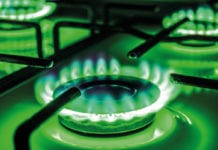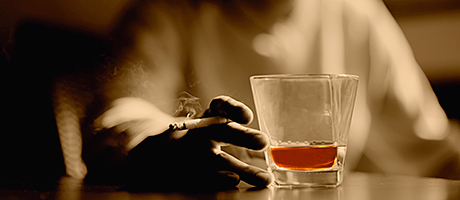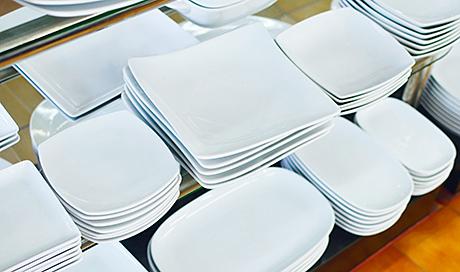
IF there’s one tip the Carbon Trust Scotland would recommend to those in the hospitality sector for 2012, it’s try to reduce your energy consumption and costs.
While it’s essential for this sector to provide a comfortable environment for guests, this can translate into high energy consumption through general services like lighting and heating, catering and leisure facilities, so planning to help energy performance is vital.
Thinking ahead and considering the energy efficiency of your hotel or B&B when working on your maintenance schedule, budget and business plan for 2012/2013 will help you save considerable money in the long term by identifying where you can take steps for a more efficient, low carbon business.
You needn’t go it alone, either; involve staff and guests by asking for their feedback and suggestions.
This also engenders a greater connection with guests and benefits your brand by demonstrating you are taking your commitment to reduce energy and carbon emissions seriously.
There is a range of energy saving actions that can create immediate and longer term benefits.
Simple changes, which can be implemented for free, can have instant effects, like introducing a corporate culture of energy efficiency; prompt checks on empty rooms to turn off lights and TVs; and checking fridge and freezer temperatures are not unnecessarily low.
Simple changes which can be implemented for free can have instant effects.
The next small step up would involve minimal investment, such as installing energy-efficient lightbulbs and fitting timers or motion sensor switches for heating and lighting.
Longer term investments such as installing a biomass boiler, where practicable, can also be effective.
Auchrannie House Hotel on the Isle of Arran found its energy bills halved within a year of installation, with an anticipated four to five year payback period on the investment.

A good example of planning in action comes from Macdonald Hotels, which has set up the imaginative Room 15 initiative that commits the group to reducing electricity and fossil fuel use by 15% by 2015.
As part of the scheme, Macdonald Hotels will ensure that room 15 in every hotel demonstrates best practice in environmental performance, such as the use of long life light emitting diodes for reducing energy use.
The group has also invested significantly in low carbon technologies such as combined heat and power, boiler sequencing controllers, and optimising heating controls, which save energy by closely matching heating start-up times to weather conditions.
The installation of a biomass boiler at the Aviemore resort is also being investigated.
This activity, coupled with the senior level commitment to the low carbon policies and systems, has already gained the group the Carbon Trust Standard, having achieved significant energy savings and reduced carbon emissions by almost 14% between 2007 and 2010.
For further information and examples of Scottish hoteliers making a difference visit www.carbontrust.co.uk/scotland
Energy saving
Steps to cut energy consumption include:
• introduce a corporate culture of energy efficiency
• carry out prompt checks on empty rooms to turn off lights, TVs, etc.
• check fridge and freezer temperatures are not set unnecessarily low
• install energy-efficient lightbulbs
• fit timers or motion sensor switches for heating and lighting
• install a biomass boiler























